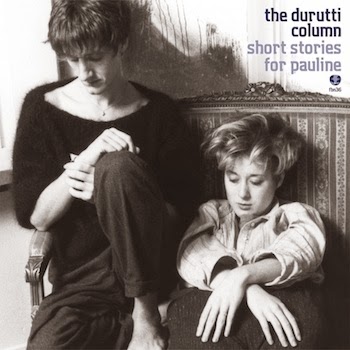Promised Works is a compilation of The For Carnation's early, mid 90s material, drawn from 1995 EP Fight Songs and 1996's mini-album Marshmallows. Grace Beneath The Pines is à quiet start, Brian McMahan's whispered vocals underpinned by vaguely threatening rising and falling guitars provided by McMahan and David Pajo.
After brief guitar instrumental How I Beat The Devil, we get the steadily creeping Get And Stay Get March. On The Swing invents the higher quality end of the 'Quiet is the new Loud' troubadours of the early noughties, while Imyr, Marshmallow has a soothing, conventional melody and Salo growls moodily.
We also get Slint-like workouts like I Wear The Gold, Winter Lair and Preparing to Receive You which have borderline atonal guitar lines. Interesting to see where so-called 'post-rock' sprang out of.







